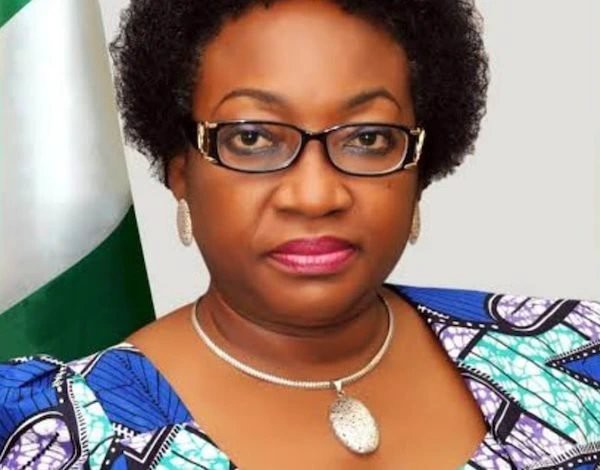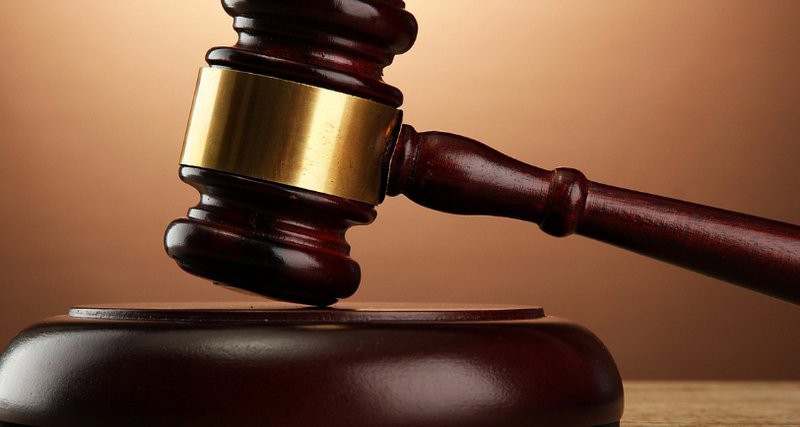News
House of Reps orders blockage of porn sites in Nigeria

The Nigerian House of Representatives has directed the Nigerian Communications Commission (NCC) to block all pornographic websites in the country.
This resolution was passed on Tuesday, March 11, 2025, following a motion sponsored by Dalhatu Tafoki, a lawmaker from Katsina State.
Tafoki argued that unrestricted access to pornographic materials has a negative impact on societal values, particularly among young people.
He emphasized that several countries in Asia, Africa, and the Middle East have enacted laws prohibiting pornography.
Tafoki also referenced warnings from psychologists and sociologists about the harmful effects of pornography, including its potential to promote adultery, prostitution, and addiction.
Lawmakers supported the motion through a voice vote conducted by House Speaker, Tajudeen Abbas.
They emphasized the need to protect Nigerian cultural and moral standards by curbing access to explicit content.
The lawmakers urged the NCC to ensure immediate compliance by internet service providers and to impose penalties on service providers that fail to comply with the order.
The NCC now has the responsibility of ensuring that internet service providers comply with the new directive.
Blocking all pornographic websites may require technical adjustments by internet service providers.
However, many Nigerians may attempt to bypass the restrictions using virtual private networks (VPNs).
Some stakeholders may support the ban due to its alignment with cultural and religious values.
Others may argue that restricting pornography violates digital rights and personal freedoms.
Critics may challenge the decision, citing concerns over internet censorship and government overreach.
The effectiveness of the ban will depend on the enforcement measures put in place by the NCC.
The House of Representatives remains firm in its stance on banning pornography in Nigeria, believing that blocking explicit content will protect the moral values of the country.
The resolution marks a significant step in Nigeria’s efforts to regulate digital content.
Discussions on internet regulation and digital rights are expected to continue in the coming months.
For Diaspora Digital Media Updates click on Whatsapp, or Telegram. For eyewitness accounts/ reports/ articles, write to: citizenreports@diasporadigitalmedia.com. Follow us on X (Fomerly Twitter) or Facebook










